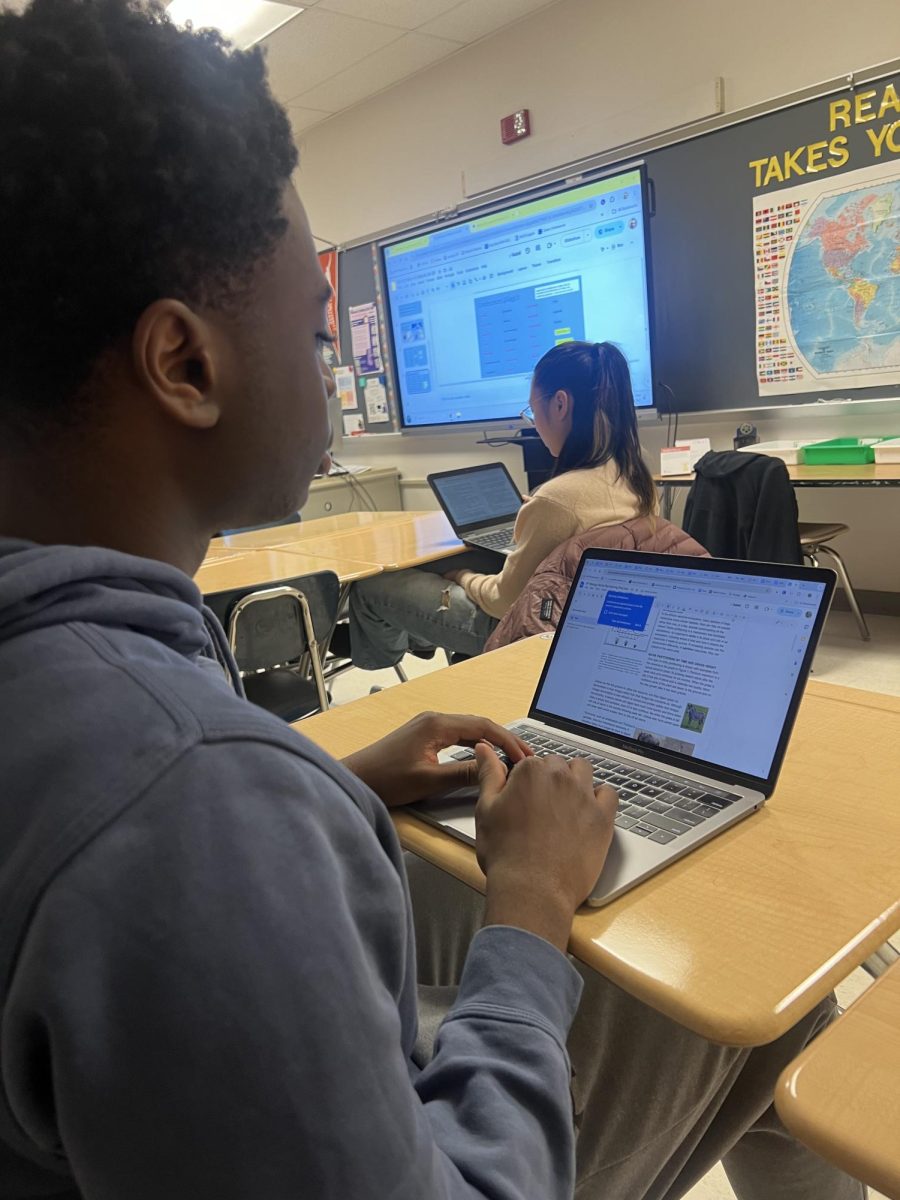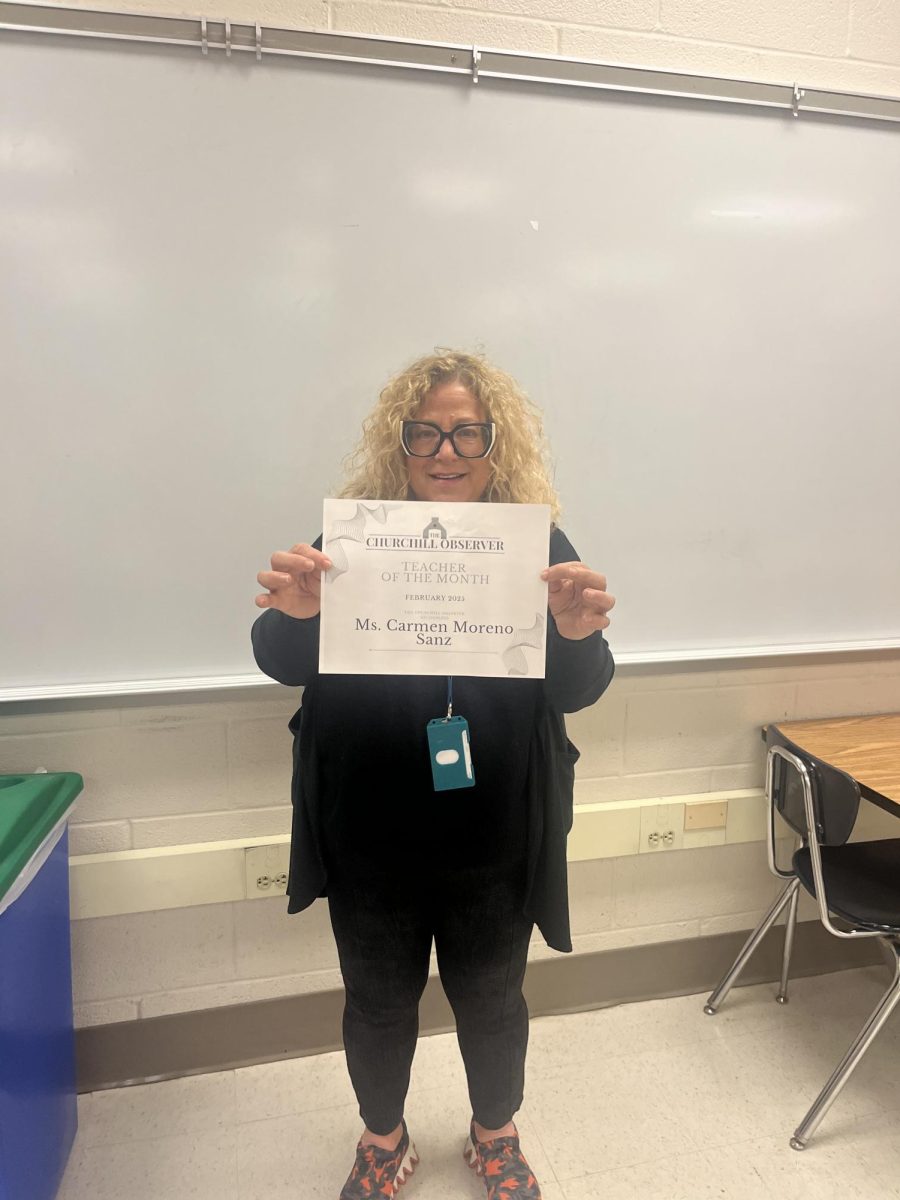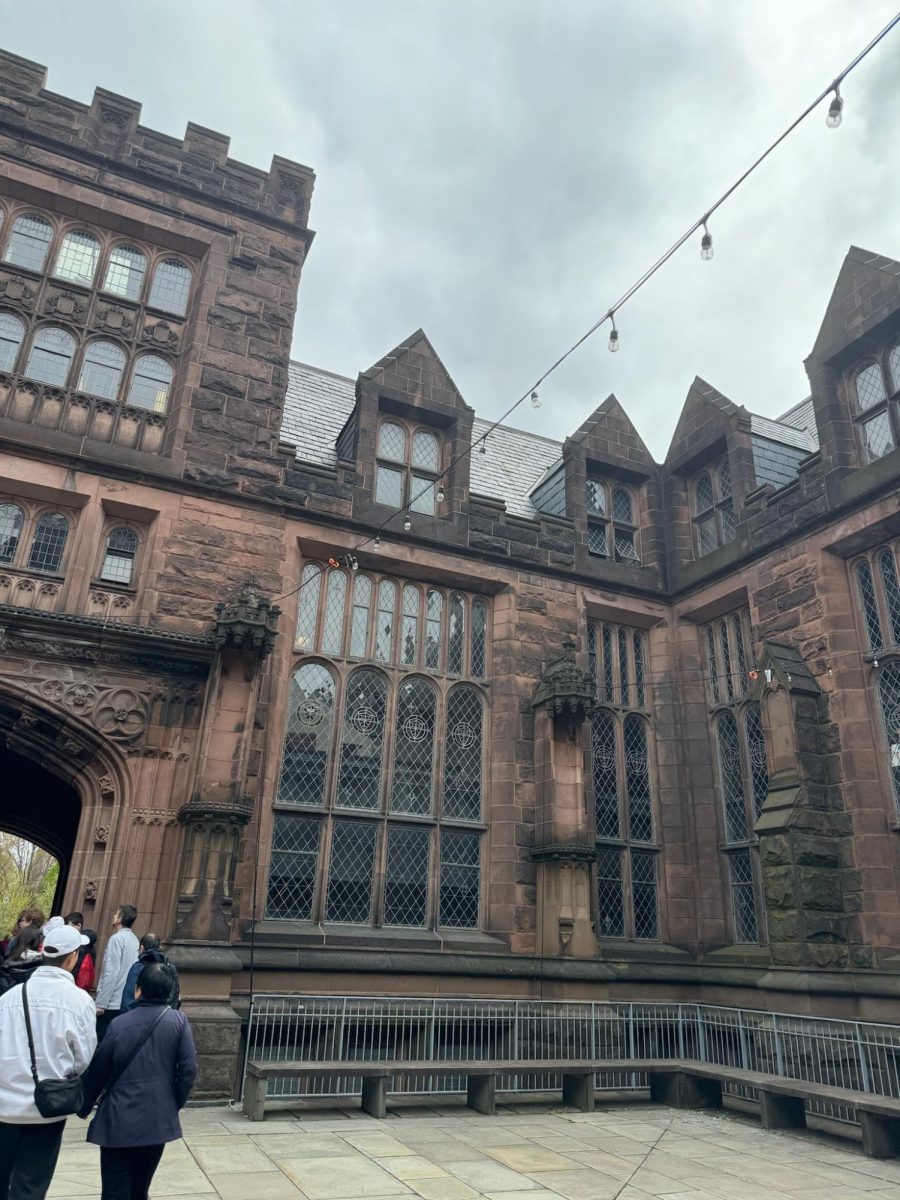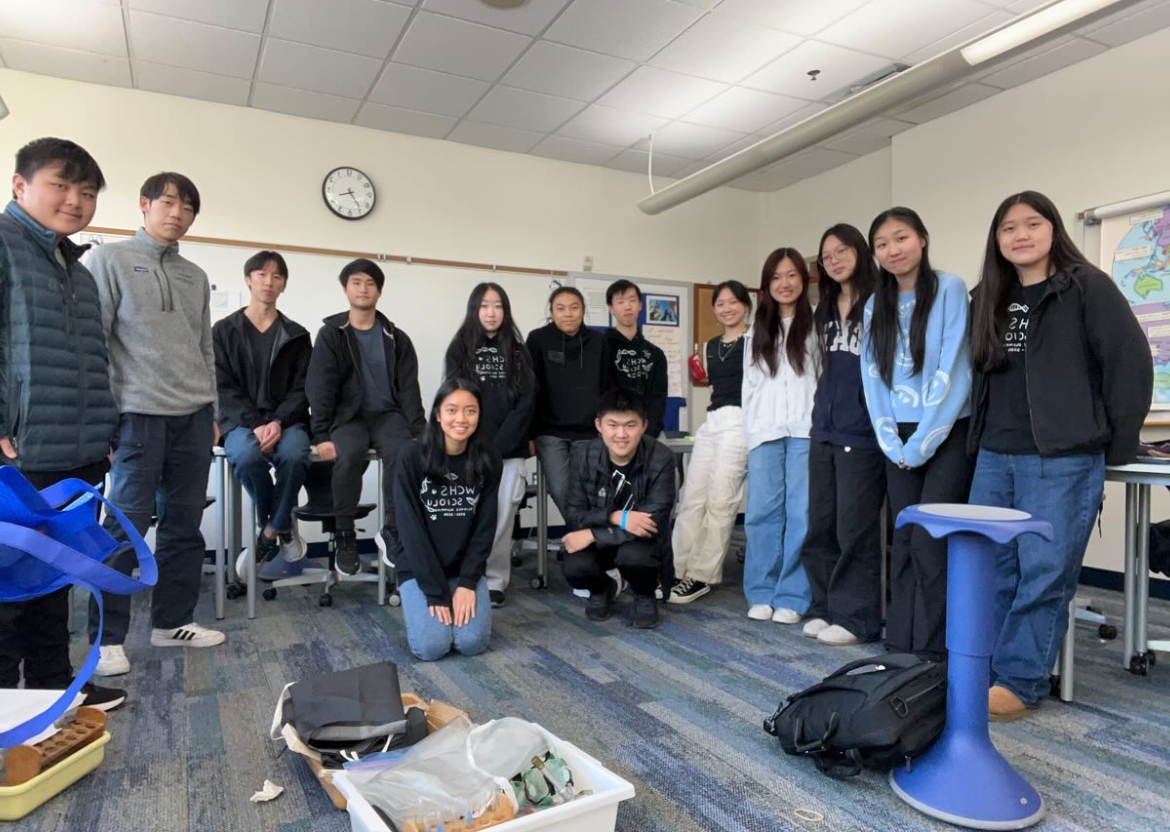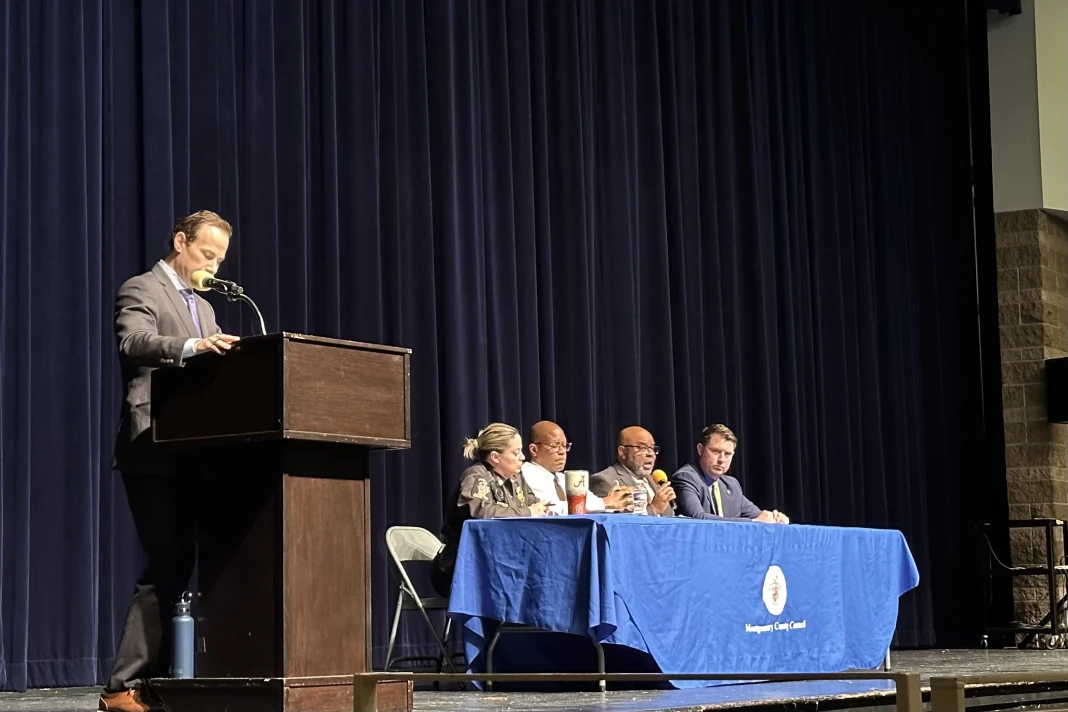There is very little that is more important than education. Teachers are powerful; they build future generations. However, they do not receive enough respect and recognition from society. What force on earth is weaker than the humble strength of one? Organizing into a union, however, makes them strong: it raises their collective voices to influence policy decisions. Alison Deli, an English teacher at WCHS, is the building representative for the teachers’ union and has worked hard to give teachers a strong voice.
“Our union is called the MCEA, which is the Montgomery County Educator Association,” Deli said. “Teachers have to sign up to be a member of the union but in our building we have about a 90% rate of people who have joined.”
Because not all teachers can participate directly in the union’s decisions, MCEA makes policy changes through votes by its representatives. This way, not every teacher has to closely consider every vote. At WCHS, the teachers have collectively picked Deli to talk with the union on their behalf.
“I’m a union rep, so I vote,” Deli said. “I go once a month to a big union meeting and things are brought up to us; I represent WCHS in that meeting.”
She and a variety of staff members working in each school form the county’s Instructional Leadership Team (ILT). The ILT is yet another part of the school system that many students are generally unaware of. If a decision was not made by MCPS, the ILT is often responsible for it. Its decisions directly matter, but similarly to more lower-level politics, it gets sidelined by whatever is at the very top. In other words, people often look at presidents and school boards, not mayors and teachers.
“The ILT is the team that makes all of the decisions for this building below what MCPS tells us,” Deli said. “All the administrators are on it. All the Resource Teachers (RT) —each department has an RT — are on it as well. Mr. Imperial and I are on it, Ms. Pagley is on it, and our staff development teacher is also on it.”
Furthermore, MCEA has a complex bureaucracy going on. One bylaw states that “The dues for a person eligible for Active membership, who is employed 50% or less of the normal schedule for a full time faculty member, shall be one-half (1/2) the amount of the annual dues.” Past all of the winding language that takes the opportunity to say the same number three different ways, the union is still a way for teachers to cooperate and coordinate with each other.
“Without our union, we would not have bargained contracts,” Deli said. “We would not have things like a sick bank. There’s the sick bank where people have contributed days. It is there if teachers use above and beyond the amount we’re given.”
Regardless of what happens, teachers have a way to help. By banding together, their voice is stronger.
“It’s a support system for teachers,” Deli said. “They’re our voice.”




